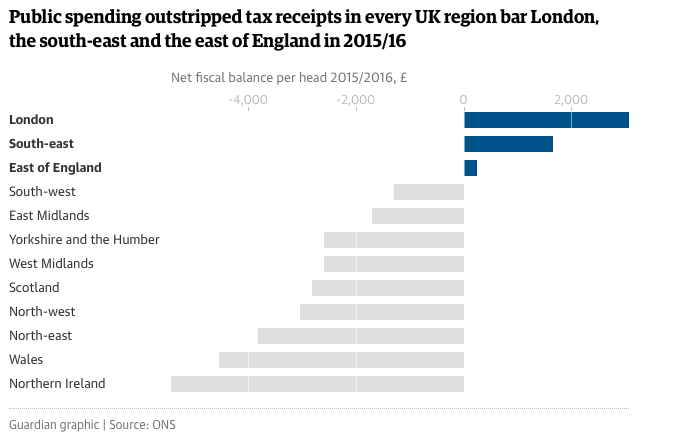Slaintecare is supposed to be the all-party solution to the problems of our healthcare system. But will it turn out to be too complex to actually work? What if, rather than waiting for the HSE to be re-engineered, we found a way to give everybody who needs it access to Ireland’s existing private healthcare system?
Sláintecare was originally put forward in a report by an all-party Oireachtas committee. You can read a summary prepared in TCD. The core ambition is to provide fast, inexpensive or free care in the public system.
The Slaintecare Implementation Plan, presumably written by civil servants and management specialists, is a different sort of beast. It focuses on ten broad strategic moves to make our health system more unitary, monolithic and efficient, but it doesn’t really amount to a plan for delivering the specific changes sought by the Oireachtas Committee. The Plan is sketchy on how Sláintecare will actually achieve its ten-year ambition with no activities planned beyond 2021 . It depends on a major renegotiation of work practices and pay for hospital consultants amongst others. This in itself could be expected to take five years, judging by reactions to the report and the plan. It is easy to see that Slaintecare is likely to go off-track.
There is a more practical step that could immediately enhance our health system. I call it ‘Sláintecare Express’, because it would deliver the main benefit of Sláintecare, but much more quickly. It works as follows: we quite simply give uninsured people in Ireland access to the beds in private hospitals, with the cost covered by the government through tax or a compulsory insurance. For around 600 million euros per year we could pay for an additional 100,000 procedures to be carried out on public patients in the private hospitals. This would be adequate to clear waiting lists and keep them clear. The €600m works out at a cost of about 280 euros per year per person in the workforce (based on figures from the Health Insurance Authority and statistics from Private Hospitals Association) . This is a tiny fraction of the Slaintecare proposals which would have yearly costs of €2.8 billion euros per year.
Making private hospital beds available to public patients would give quick relief on surgical waiting lists. But the real long-term benefit is that this would allow us to restructure our acute hospital system. The beds in private hospitals could be used for the so-called ‘routine’ elective procedures (things like endoscopies, hip replacements, cardiac procedures and scans), leaving the public hospitals with space free to focus on emergencies and the most difficult cases. Private hospitals and consultants working there would be paid on a per-procedure basis, just as the are today. Private hospitals are not tied into the restrictions of the HSE HR and pay system and so would be able to recruit more flexibly.
Would this solve all our health problems? Certainly not. Other solutions are needed to solve issues around mental health, social care, primary care (access to GPs and related facilities) and paying for drugs. But this would immediately put us on a path to address our most acute problem, getting people off waiting lists and into operating theatres for life-enhancing elective procedures, at a relatively low cost. It would also free up space in our busiest acute hospitals.

